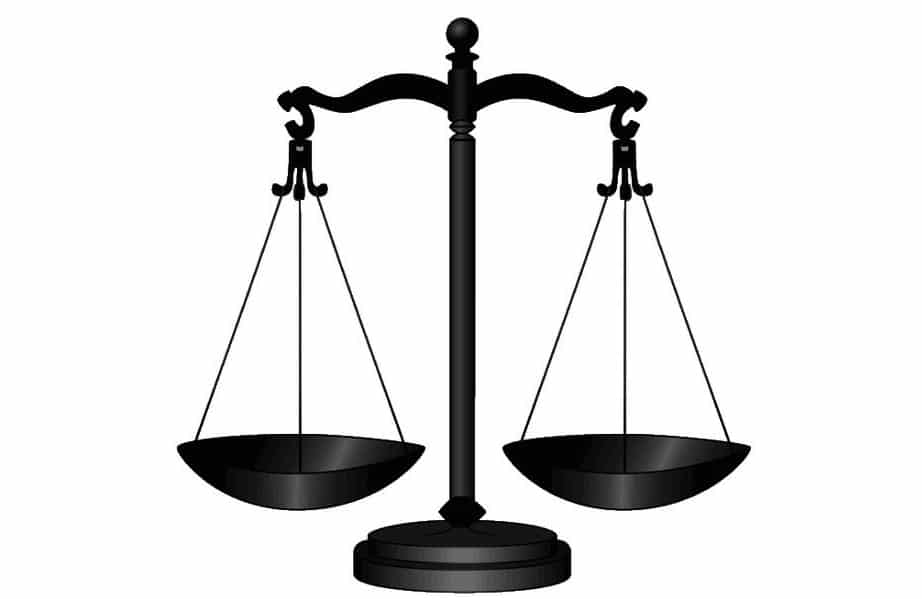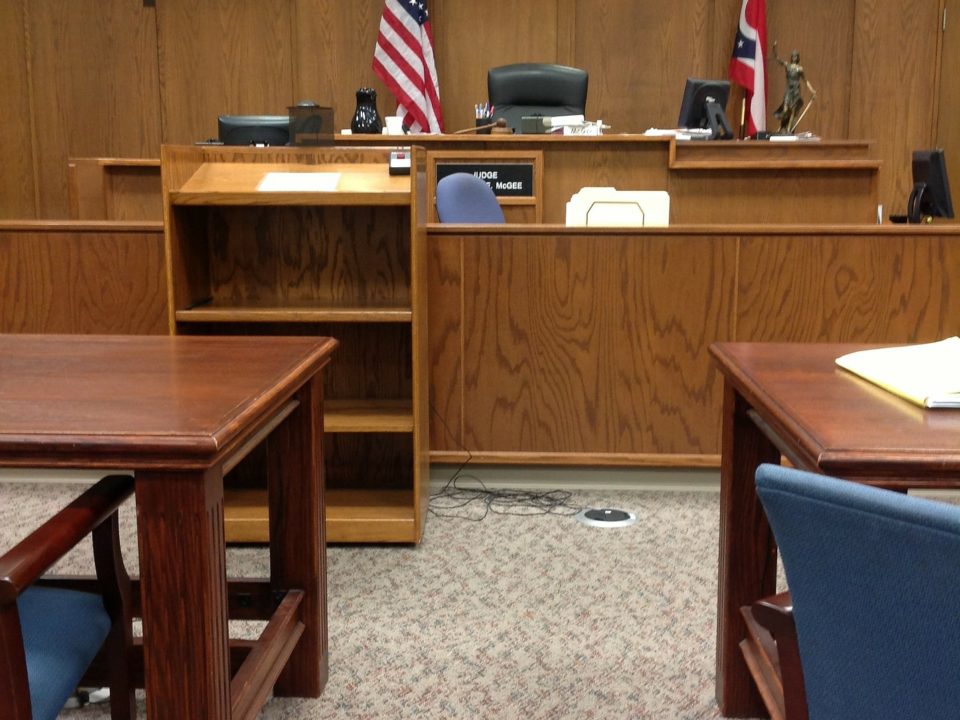In October of this year, the Minnesota Supreme Court issued a new opinion regarding expungements. In this case, State v. R.H.B., No. A11-0660, was charged with first and third degree assault. The case went to trial and R.H.B. was found not guilty and the trial court entered a judgment of acquittal. R.H.B. then petitioned for expungement (including arrest, pretrial, and trial records held by the DOCC, the court, and the BCA), and his petition was granted. The State appealed and the Minnesota Court of Appeals reversed. The Minnesota Supreme Court reversed the court of appeals and reinstated the trial court’s grant of expungement.
The court went through an analysis of the relevant statutes including 609A.02, subdivision 3, which allows expungement if the case was resolved in favor of the person seeking the expungement. The court found the statutes to create two steps in expungements: (1) the case was resolved in favor of the person seeking the expungement (see State v. Ambaye, 616 N.W.2d 256 (Minn. 2000), which is the leading case in this step); and (2) the State holding the records may oppose the expungement if it shows by clear and convincing evidence that the advantage to the public of keeping the records open outweighs the disadvantages to the person seeking the expungement to seal the records. Essentially, the burden is initially on the person seeking the expungement and if he succeeds in the first step, the burden shifts to the State.
An acquittal is a resolution in favor of the petitioner. In this case, then, R.H.B. succeeded in the first step. It was up to the State to meet the second step. The State had presented affidavits in support of its opposition of expungement. But the court stated that they were so generic—including the use of “Defendant” rather than R.H.B.’s name—that they could be applied to any expungement case.
Nonetheless, the State argued that R.H.B. failed to meet his burden of showing the disadvantages of not getting an expungement. But the person seeking the expungement need not state specific disadvantages; the court also found inherent disadvantages. Most importantly, because R.H.B. was found not guilty, there is a presumption of expungement. The State, then, must meet its burden.
For the full text of the opinion, see www.lawlibrary.state.mn.us/archive/supct/1210/OPA110660-1017.pdf.



